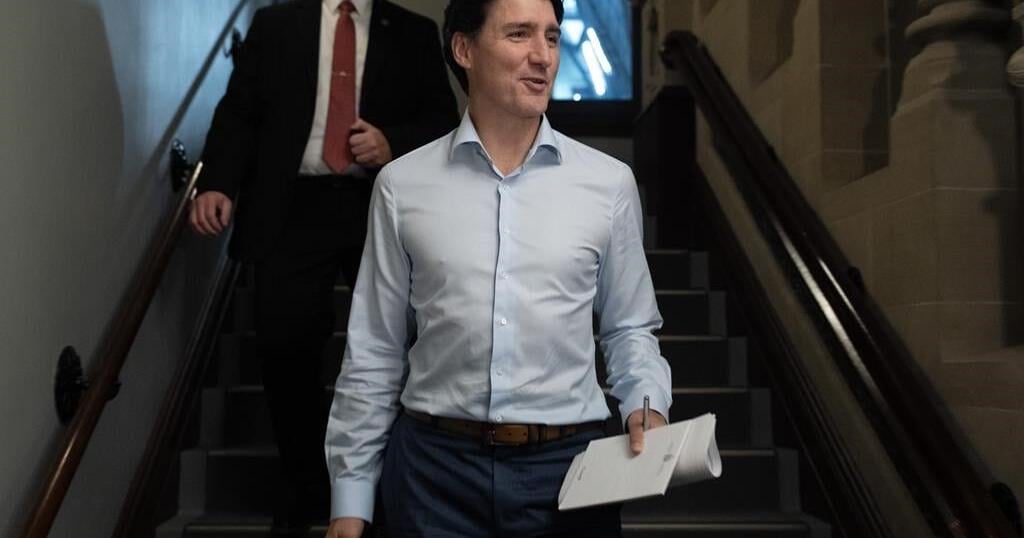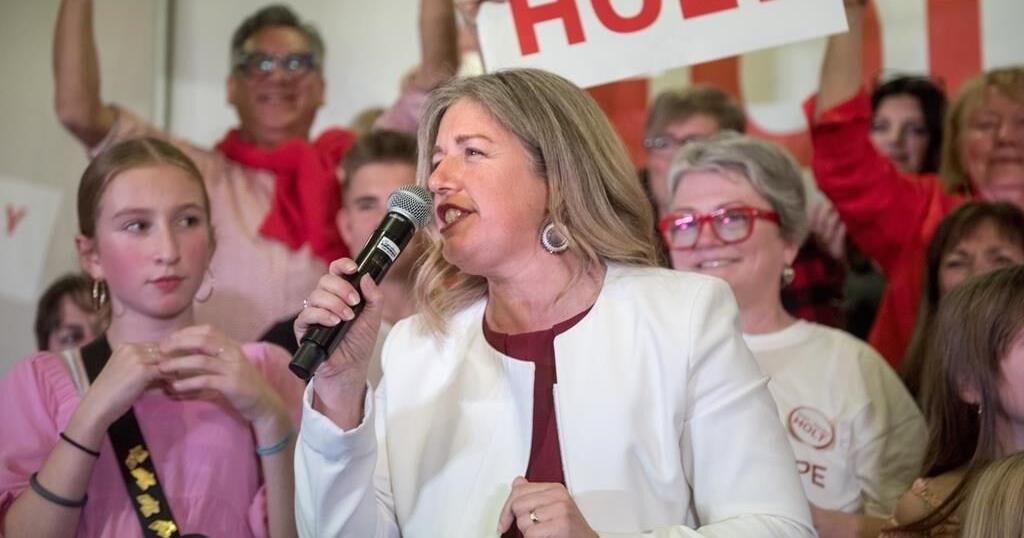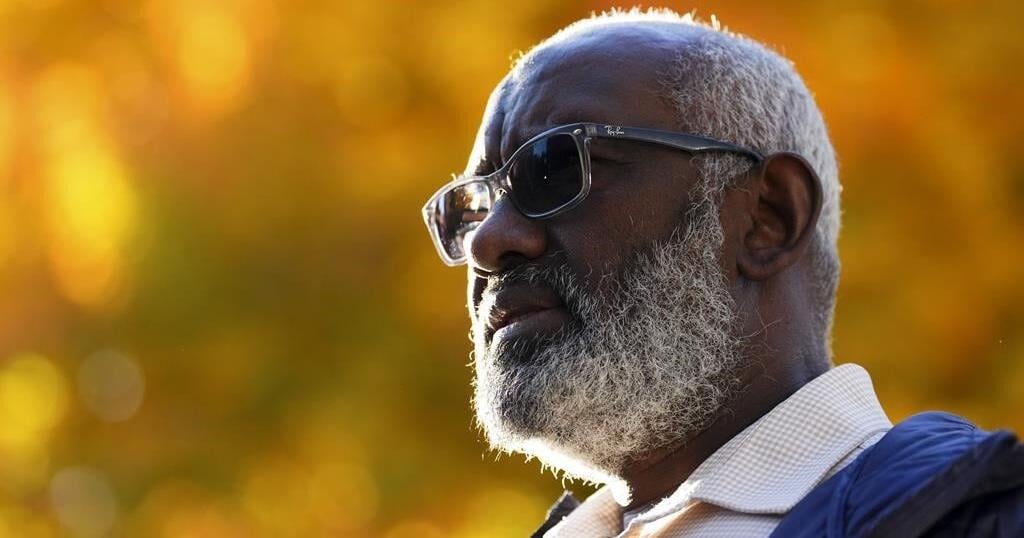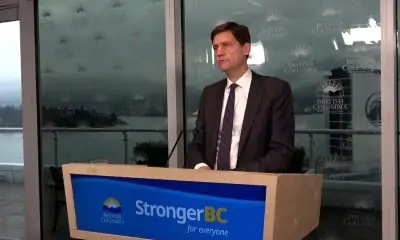OTTAWA – Here are some notable quotes from Liberal members of Parliament as they headed into a caucus meeting Wednesday where they are set to debate Prime Minister Justin Trudeau’s leadership.
Comments made after the caucus meeting:
“The Liberal party is strong and united.”
Prime Minister Justin Trudeau
———
“Justin Trudeau is reflecting and he’s standing strong and we’re standing strong as a Liberal party.”
“We as a party recognize that the real threat here is Pierre Poilievre and that’s what we’re fighting for.”
“Trudeau has made very clear that he feels he’s the right choice but he appreciates all of what is being said because he’s reflecting on what is being done across Canada. I respect his decision, whatever that may be.”
Charles Sousa, MP for Mississauga—Lakeshore
———
“We had some open and frank discussions. People are relentlessly focused on serving Canadians and win the next election. This was really a rallying call to win the next election.”
Industry Minister François-Philippe Champagne, MP for Saint Maurice—Champlain
———
“I don’t know how many people spoke, well over 50 I’m sure. They came at this from all angles and now (we’ve) got to go back and process this.
“We’re on a good path.
“It was very respectful. You know, caucus has always had the ability to get into some tough conversations. We did it again today and it went extremely well. Where we land? Who knows? You know we have to go and really process this stuff. But one thing that is absolutely, you know, fundamental is that we are united in the fact that we cannot let that creature from the Conservative party run the country. He would ruin things that people greatly value.”
Ken Hardie, MP for Fleetwood—Port Kells
———
Comments from before the caucus meeting:
“There’s a — what would you call it? Some palace drama going on right now. And that takes us away from the number 1 job, which is focusing on Canadians and focusing on the important policies but also on showing the really clear contrast between our government, our party and Pierre Poilievre.”
Randy Boissonnault, Employment Minister, MP for Edmonton Centre
———
“We’re going to go in there and we’re going to have an excellent discussion and we are going to emerge united.”
Treasury Board President and Transport Minister Anita Anand, MP for Oakville
———
“I think caucus is nervous because of the polling that has been constantly going down in favour of Liberals, and there’s a lot of people who do want to run again. I’m not running again, although I already told the prime minister that. But there are people there that want to run again and they’re nervous because of what polls are saying.”
“He has to start listening.”
Ken McDonald, MP for Avalon
———
“We’re going to have a good caucus meeting. MPs should be free to air their perspectives, I’m sure they will, and we’ll come out of it united.”
Peter Fragiskatos, MP for London North Centre
———
“I have to read the room. There’s all sorts of wheels within wheels turning right now. I’m just going to go in there, I’m going to make my mind a blank and just soak it all in.”
“I’m not going to say anything about (the prime minister) until I have my say in there.”
Ken Hardie, MP for Fleetwood—Port Kells
———
“I wish there was a mechanism for it, yes,” he said, responding to whether he wanted a secret ballot vote in caucus to determine Trudeau’s leadership.
Sean Casey, MP for Charlottetown
———
“The prime minister will always be on my posters and he is welcome in Winnipeg North any time.”
Kevin Lamoureux, MP for Winnipeg North
———
“Absolutely I support the prime minister.”
Yvonne Jones, MP for Labrador
———
“When you look divided, you look weak.”
Judy Sgro, MP for Humber River—Black Creek
———
“I think Pierre Poilievre is absolutely beatable, he’s ripe for the picking with the right vision, the right leadership and the right direction for our party. The Liberal party is an institution in this country. It’s bigger than one person, one leader, and it’s incumbent on us as elected officials to make sure we put the best foot forward.”
Wayne Long, MP for Saint John—Rothesay
This report by The Canadian Press was first published Oct. 23, 2024.


























